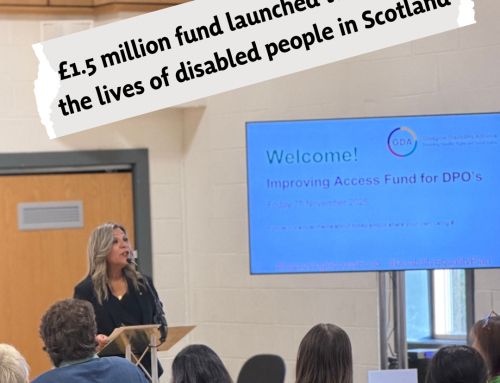There we have it, folks. After what feels like months of kite flying, pleading with industry, and income tax hokey-cokey, the UK Labour Government has announced its budget (after the Office for Budget Responsibility’s analysis being mistakenly released in advance, I’m sure to the Chancellor’s horror).
National budgets are pretty complex things, and the devil is often in the detail, so it will take a few days for what this budget actually means for Scotland to become clear. One thing we do already know, of course, is that in setting its budget so late, the UK Government has forced the Scottish Government to delay its own budget process into the new year, which has a knock-on effect for local governments setting their budgets too. So even before picking up her red briefcase today, the Chancellor had caused a headache for public services in Scotland
Helpfully for Anas Sarwar, though, the Chancellor has finally made up his mind for him on his view on retaining the two-child benefit cap, which Mr Sarwar had gone back and forth on for months. This news will also likely be welcomed by Scottish Labour MPs recently readmitted to their party after being thrown out last year precisely for voting to remove the two-child benefit cap. I certainly welcome the UK Government following the Scottish Government’s lead in announcing the removal of the two-child cap, and expect the Barnett consequential funding to be passed on to the Scottish Government in full (maybe next year they can introduce a Child Payment in the rest of the UK, too).
Speaking of Barnet funding, it’s important to be clear that when the Chancellor says Scotland’s funding is being increased “because Anas Sarwar asked us to,” this isn’t the UK Government engaging in nepotism to do their colleagues in Scotland a favour: it’s the money that is automatically allocated to the Scottish Government through the Barnett formula, which has been a feature of devolution from day one. It seems this funding is also not coming in one financial year, but is actually spread across two multi-year periods (one for everyday spending, one for infrastructure) running as far as 2030. It’s not even clear yet whether this funding will match inflation, or whether Scotland is once again being shortchanged by Westminster.
I’ll be thinking, writing and speaking more about the budget in the coming days as the details become clearer.








